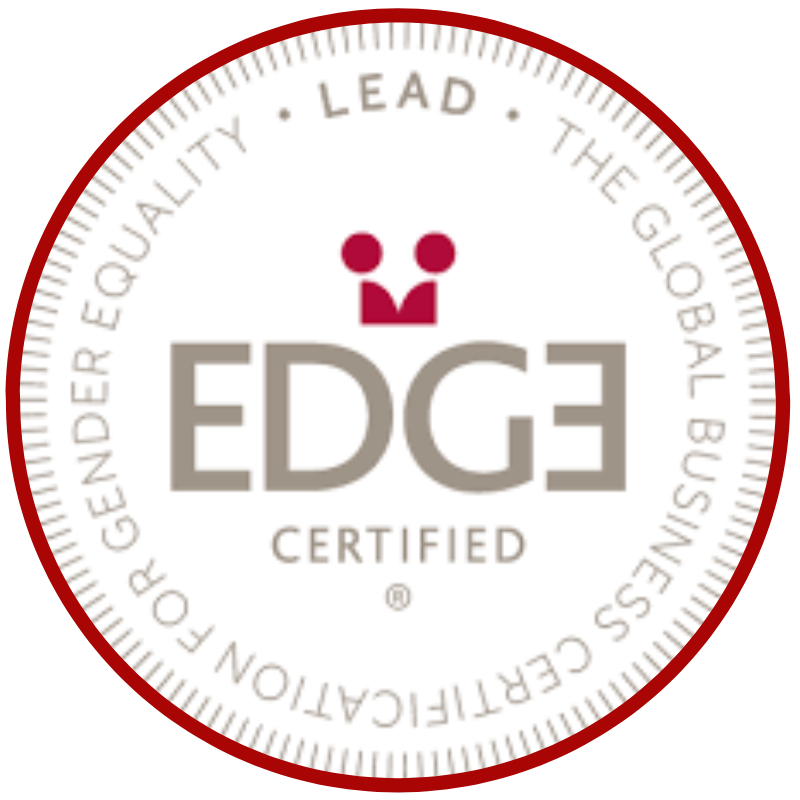You may have seen an invitation I sent out last week to a conference in Washington, DC called Democracy that Delivers for Women, put on by the Center for International Private Enterprise (CIPE). I just left the conference, and it definitely delivered.
The goal of the conference was to look at womens political and economic empowerment in a holistic way, weaving those strands together. CIPE brought together an amazing group of women leaders from the US and abroad, all of whom shared their experiences in a candid as well as strategic way. The conference was kicked off by my friend Ambassador Melanne Verveer, who gave us a framework for thinking about these interconnected issues. Heres a link to the full agenda.
I participated in two ways. First, I was a panelist on the opening panel on womens political empowerment. Second, I moderated a panel on Women and conflict resolution. Today, Ill write about the political empowerment panel and the conflict resolution panel in my next post.
The political empowerment panel was moderated by Jean Rogers from CIPE and the other panelists wereCharlotte Ponticelli, the former Senior Coordinator for International Womens Issues at the State Dept. and Rumiana Jeleva, from Bulgaria, vice chair of the European Peoples Party. The panel was a great reminder of how women in elected (or appointed) office can make a difference in terms of policy and process, and how women need to be part of policy making at all levels and on all issues.
For example, an important study of legislative actions in countries belonging to the Organization of Economic Cooperation and Development (OECD) found that the greater the number of women in a countrys parliament, the more that country spends on education as percentage of GDP and per capita. In India, local councils headed by women paid more attention to critical water and sanitation issues raised by women.
Further, in terms of democratic governance, several studies show that increased numbers of women in office results in better governance practices, including greater responsiveness to citizen needs, increased cooperation across party and ethnic lines and more sustainable conflict resolution. While not dispositive, there has been tremendous attention paid to work done by the World Bank which has found that in countries where there are greater numbers of women in public life (both as political actors and business leaders), there is less corruption.
We all agreed that there need to be more women at every table, and in every room where decisions are made, and that thosewomen can make a very real difference.





